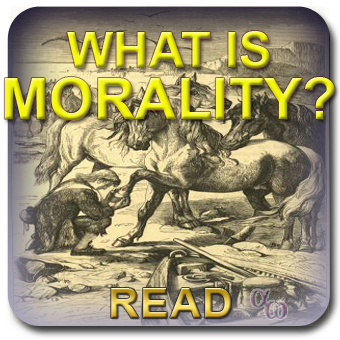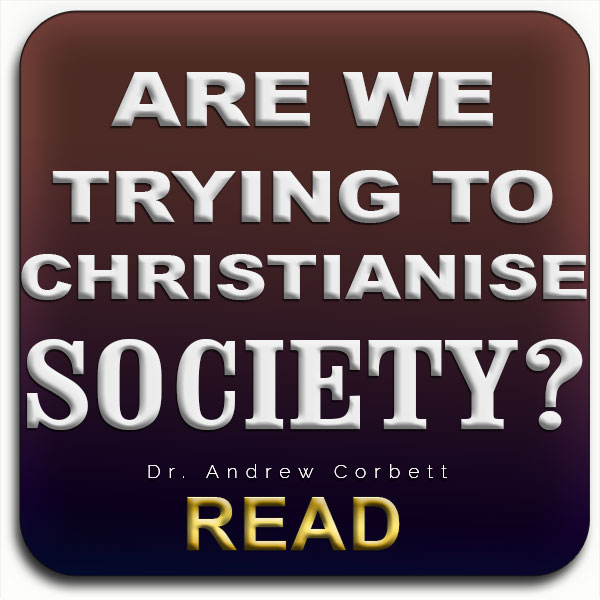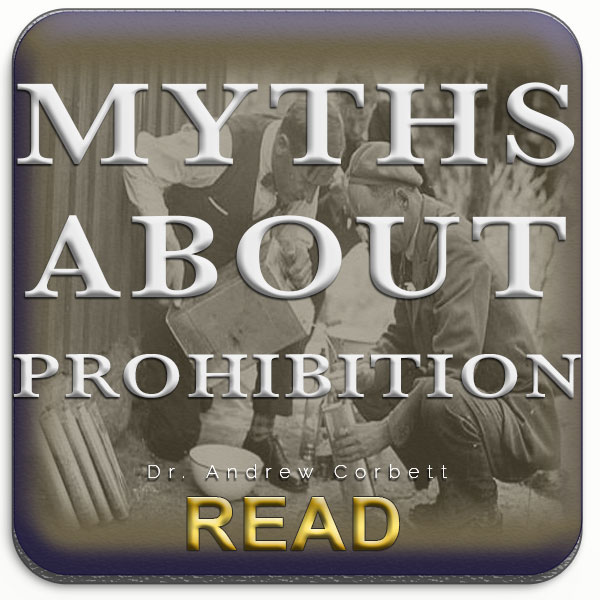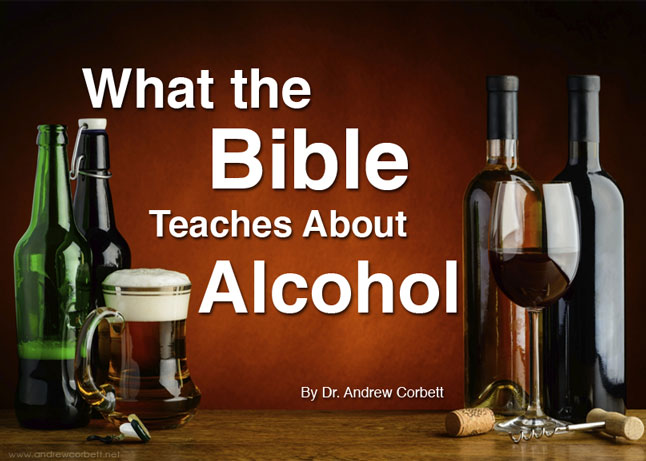
by Andrew Corbett | Mar 15, 2018 | Ethics |
The issues of right and wrong are integral to the study of ethics which is a core component to morality. Right is understood as morally right, as distinct from absolutely right such as in the science of mathematics. Naturally, wrong is understood as morally wrong, as distinct from incorrect. Moral is understood to be: the best individual and social outcome. As Christians we believe that the best individual and social outcome is only achieved when the mind of God is sought and followed. In the Old Testament era, this was encapsulated within the Decalogue (The Ten Commandments). Now in the New Testament era, its understanding is enhanced by Christ’s teachings.
In the story, Gulliver’s Travels, the author continually depicts Lemuel Gulliver travelling among different peoples who each reflect an aspect of British morality and culture. After describing the British as either war-mongers, snobs, greedy, or, out-of-touch intellectuals, he finally concludes with a scene where Gulliver travels to an island of savages, called Yahoos. These savages are caucasian, filthy, and promiscuous. Also on this island are horses (referred to as Houyhnhnms). The Houyhnhnms are cultured. They know nothing of lying, greed, or stealing. Each Houyhnhnms is committed to just one other Qwinum as their spouse.

by Andrew Corbett | Apr 23, 2017 | Ethics |
The claim is sometimes made that as Christians around the world are getting more involved in politics that they are plotting to christianise their societies. Even many Christian leaders have criticised this Christian political movement by saying that it is not right to enforce Christian standards (such as marriage) onto a secular society. One leader even defended his view that marriage need not be limited to a man and a woman, based on the assumption that it is wrong for Christians to expect non-christians to act like Christians. He cited Canada as an example of how non-christian standards had not caused the “sky to fall in” on their society.

by Andrew Corbett | Mar 15, 2017 | Ethics |
It seems that the Christian response to the claim of rapid climate change is polarised between the extremes of outright denial on the one hand and apocalyptic alarm on the other. And these responses often have more to do with theological biases rather than real science…

by Andrew Corbett | May 2, 2016 | Ethics
It is wrong to confuse religious obligations with moral obligations. But this is what some Christians have done when they have protested about other Christians striving to maintain and uphold moral standards in society. They have confused religion with morality thinking that these Christians were trying to impose religious obligations upon society. When Christians protest attempts to promote immorality they are not being religious – they are being caring! If Christians wanted to legislate compulsory baptisms – that would be seeking to legislate religion on society, but not when they protest abortion, sexual deviancy or the sanctity of marriage!

by Andrew Corbett | Feb 26, 2008 | Ethics |
In discussing the issue of alcohol I want to avoid two dangerous extremes. Firstly, man-made legalism which teaches that the salvation Christ purchased through His blood shed on the cross, and received by putting our faith in Him, is in doubt if we break a man-made rule. Secondly, antinomianism (a license to sin) where a person is under no obligations whatsoever to walk worthy of the salvation that Christ offers. In relation to alcohol, I want to stress that their various opinions among Christians that are worthy of respect. Throughout history there have been some very godly and influential Christians who have drunk alcohol (for example, Martin Luther used to brew and drink his own beer, Charles Spurgeon also drank hard liquor), and other equally great and influential Christians who were temperate (non-drinkers).






